
Circle of Blue’s Brett Walton Receives IJNR Fellowship for Southwestern U.S. Energy Study
0 Comments
/
Circle of Blue’s Brett Walton is one of 14 journalists awarded a fellowship to attend the Energy Country Institute, an expedition-style immersion program sponsored by the Institutes for Journalism & Natural Resources (IJNR).
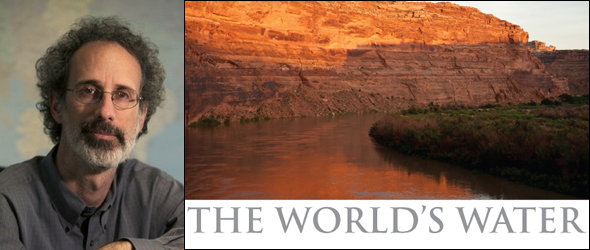
Q&A: Dr. Peter Gleick on The World’s Water Volume 7
Peter Gleick, an internationally recognized water expert, tells Circle of Blue what has changed — and what has not — since the 2009 release of Volume 6. The Pacific Institute's biannual report analyzes how water relates to climate change, corporate interests, and policy reform.
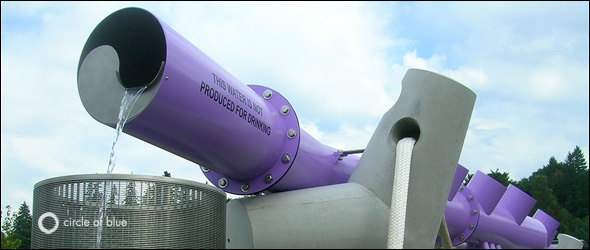
Mixing Art and Technology: North America’s Largest Membrane-filtration Sewage Plant Opens Near Seattle
The $1.8 billion Brightwater facility, 10 miles northeast of Seattle, eschews old notions of what a sewage plant is. State-of-the-art membrane technology produces reusable water, a trail system allows outdoor recreation, and wetlands give salmon a place to spawn.
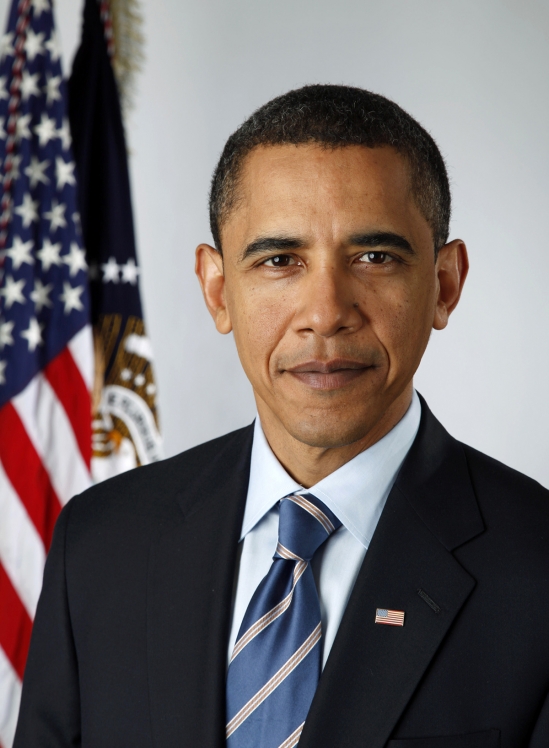
Peter Gleick and Phaedra Ellis-Lamkins: Jobs and Water for America
Every year, our old water infrastructure spills 860 million gallons of untreated waste into America’s waterways, including raw or partially treated sewage, bacteria, parasites, synthetic hormones, pharmaceuticals, and agricultural wastes.

Peter Gleick: Water Emergencies — Time for New Plans and Technology
The world faces a wide range of serious, complex, and long-term water challenges, from shortages to contamination to local and regional disputes over water to long-term climate changes. But there are other challenges that are short-term, emergency situations that could also be addressed by some new thinking and new technology.

EIA Report: Global Energy Use To Grow 50 Percent by 2035 — Half of Increase from Fossil Fuels in China and India
The U.S. Energy Information Administration recently published its annual report on global energy projections. Though renewable energy sources and nuclear power, along with unconventional fossil fuels, will phase out coal production over the next two decades, it will not be at the pace necessary to offset greenhouse gas emissions
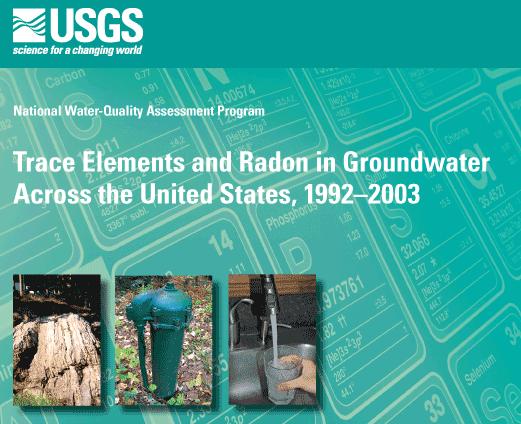
USGS Report: Trace Elements Exceed Health Standards in 20 Percent of U.S. Water Wells
Utilities are required by law to treat water to national standards, but no such controls exist for private wells, where the risk from contaminants is greater.
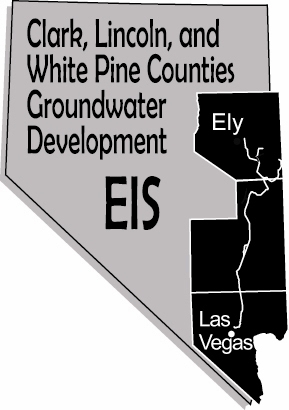
Proposed Nevada Pipeline and Water Rights: Report Describes Worst-case Scenario, State Engineer Hears Case
On Monday, the Nevada state engineer will hear opening arguments in a water-rights case that has been ongoing for more than two decades. If passed, the construction of an extensive infrastructure network could dramatically raise the average monthly water bill for many of the state's residents, as well as impact public lands and endangered species.
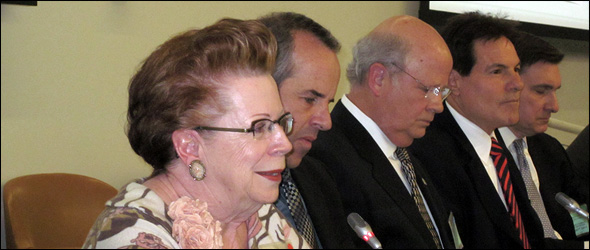
James Workman: My Local Wants vs. Their Global Needs — UN Water Forum Hints at Tensions of Competing Agendas
Heavy hitters in the water world met at the United Nations headquarters in New York City on September 16 for a public-awareness marketing campaign. But who is the target audience? And what message do they need to hear?

Disturbing U.S. WASH Report: Water and Sanitation Lacking for Poorest Americans
Despite an extensive water and sanitation system ranking among the world’s best, a human rights lawyer — appointed by the United Nations — has reported that some of the poorest Americans live without affordable, convenient access to these basic necessities.
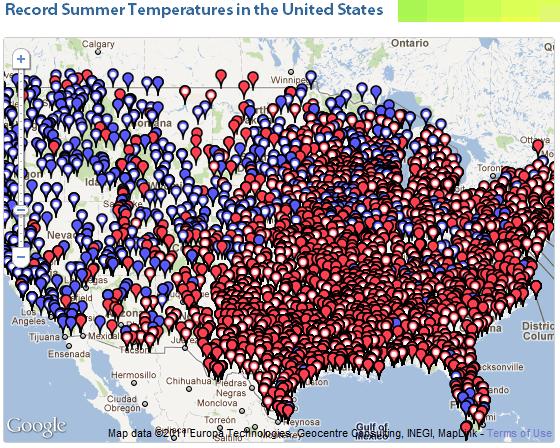
2011 is Record-setting Year for Climate Change: Ice Melts in Arctic, High Temps in U.S.
A new study has revealed that ice volume in the Arctic Sea reached an all-time low in 2010. Meanwhile, in the United States, more high-temperature records have been set this summer than in any other year previously, as well as many regions that have broken rainfall and drought records.

Water, Energy, and Transportation: President Obama Backs Infrastructure Bank in Jobs Speech
Included in the U.S. president's proposed American Jobs Act is the BUILD Act, allocating $US 10 billion to create a National Infrastructure Bank, governed by an independent board, which would help attract private capital and lower the borrowing costs for public works projects of regional significance.


